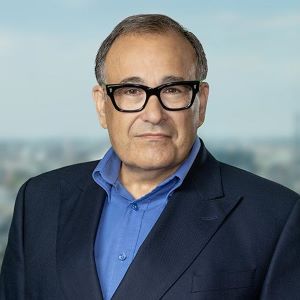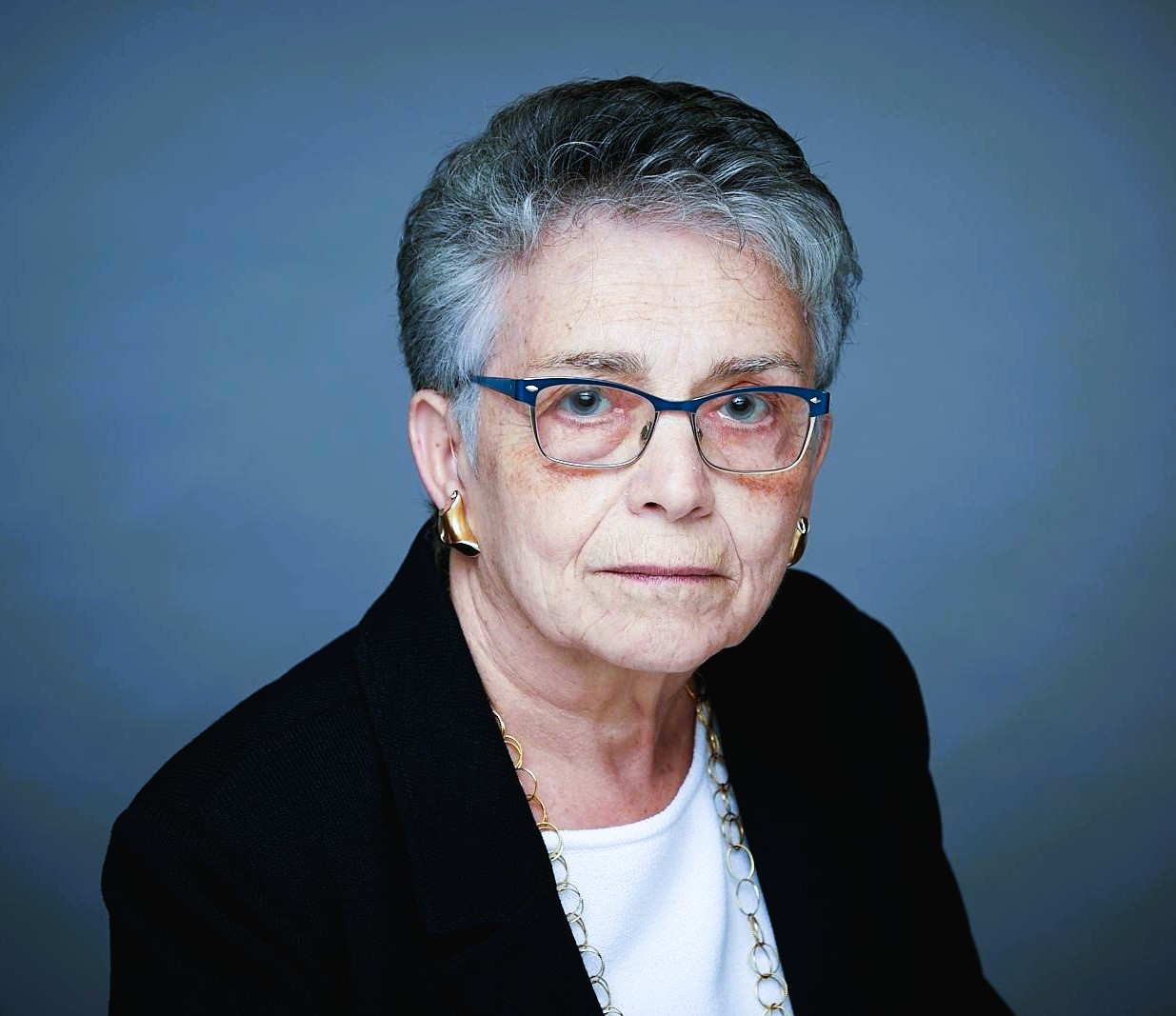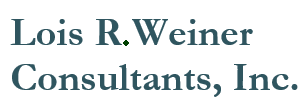ENVISION THE FUTURE OF LAW WITH AI
By far, the greatest danger of Artificial Intelligence is that people conclude too early that they understand it. -Eliezer Yudkowsky.
The lifeblood of the law firm is its talent – who it recruits and who makes it their career choice. Law firms invest immense amounts in recruitment. Lawyers are hugely invested in their professional development. In the context of AI’s rapid acceleration, it is critical to align institutional needs with the objectives of talented professionals. The evermore ferocious competition for talent, who contribute and stay, is creating modernized next-step career opportunities for lawyers.
Candidates
You recognize that professional growth is best nurtured in a law firm environment that realizes AI is becoming the driving engine of the future practice of law. And, that the future is now.
You recognize that professional advancement can only be achieved in a law firm environment which appreciates and nurtures the “cognizantly fit” (Alex Karp).
Understanding and Implementation. To advance professional goals, you are looking for a management team that realizes that traditional law is in the midst of a tectonic shift from Machine Learning to AI driven Large Language Modeling. You recognize the importance of a patient and far-seeing leadership who have an intuitive understanding that in the nascent state of AI evolution, success may not be in a straight line, and who are therefore committed to long-term funding and staffing of flexible development teams. To put it in its simplest and clearest terms, a firm that is all-in to support its institutional future.
From a Law Firm’s Perspective
You’re making decisions about AI. Whatever your strategy, the change that AI brings will certainly express itself through your professionals as talent driven innovators. Will you need data scientists, lawyers trained in data science, or lawyers with intuitive technological savvy? What levels of seniority will best maximize efficiencies of implementation? What career advancement opportunities (apart from economics) can you offer potential talent? How will you integrate AI professionals into the traditional structure of your firm?
Change is coming. While recruitment will be central to what you do, what we do is help manage the change, anticipating the outcomes and preparing for them.
.
How to Identify a Cultural Fit: Law & Data Science
The blending of AI and the familiar practice of law is creating a new dynamic for law firms and their talent resources, a dynamic that is very largely unpredictable.
Firms are striving to be at the top of their technological game while at the same time maintaining and nurturing the traditional mindset and values of the profession. The corollary, and perhaps unanticipated, result is the genesis of the fusion lawyer.
It’s the emergence of a model that embraces the synthesis of traditional lawyerly analysis and the near unlimited knowledge and processing speed of AI.
Firms whose leadership appreciates the amalgam – the fusion of law and data science – are most likely to provide significant career advancement opportunities for their committed professionals.
The Team
Lois Weiner and Howard Morris don’t just know law firms, they love them and the industry. They admire how, notwithstanding commercial pressures, law firms follow the path of integrity and ethics while competing with one another for a limited pool of business. They also see the problems, the challenges, of the partnership business model – and they have also seen the panaceas that don’t solve problems, the fads and the fashions that don’t shift the strategic needle.
 Howard Morris is a commercial lawyer and law firm leader. He spent 10 years in leadership and then, determined to get back to his first love, the practice of law, he joined Morrison Foerster to head up its London based R&I practice. Before that he had been at Denton Hall, which became Denton Wilde Sapte. In 2005 he was elected the Chief Executive and led the firm into its transatlantic combination with Chicago’s Sonnenschein Nath & Rosenthal to create Dentons, the world’s largest law firm. After two terms and a bit as Chief Executive Howard took on the role of heading integration and client development based in the New York office. On his return to London, he joined MoFo. After a decade with MoFo, Howard continues to be a leading light in R&I, serving on the Board of the International Insolvency Institute, the General Technical Committee of R3, and the Editorial Board of Recovery magazine.
Howard Morris is a commercial lawyer and law firm leader. He spent 10 years in leadership and then, determined to get back to his first love, the practice of law, he joined Morrison Foerster to head up its London based R&I practice. Before that he had been at Denton Hall, which became Denton Wilde Sapte. In 2005 he was elected the Chief Executive and led the firm into its transatlantic combination with Chicago’s Sonnenschein Nath & Rosenthal to create Dentons, the world’s largest law firm. After two terms and a bit as Chief Executive Howard took on the role of heading integration and client development based in the New York office. On his return to London, he joined MoFo. After a decade with MoFo, Howard continues to be a leading light in R&I, serving on the Board of the International Insolvency Institute, the General Technical Committee of R3, and the Editorial Board of Recovery magazine.
Two things follow from new technology. First, the workforce will change, must change in size and skills. Second, the culture, organization, and even the business model of law firms will be affected. It’s ever been thus. The invention of the knitting frame in the 16th century, the spinning jenny in the 18th, the cell phone, digital photography, the rise of Uber are just a few examples of industries disruptors. We struggle to get our heads around what went before, how those monoliths seemed unchangeable. The voices of those who wrote off change are long faded.
 Lois Weiner is a respected and trusted legal recruiter. As a direct consequence of decades-long professional relationships with impact lawyers in innovative law firms, she has been an eyewitness to the effects of the hyper-drive AI evolutionary process. She has become keenly aware that traditional “star credentials” for talent recruitment are transforming much along parallel lines of the increasing demand for sophisticated Large Language Modeling and development of more refined legal services. As law firms consider strategies to ensure their competitive long-term future, they are now focused on recruitment and retention of traditionally trained lawyers with technological savvy and data scientists who have an intuitive understanding of legal analytics.
Lois Weiner is a respected and trusted legal recruiter. As a direct consequence of decades-long professional relationships with impact lawyers in innovative law firms, she has been an eyewitness to the effects of the hyper-drive AI evolutionary process. She has become keenly aware that traditional “star credentials” for talent recruitment are transforming much along parallel lines of the increasing demand for sophisticated Large Language Modeling and development of more refined legal services. As law firms consider strategies to ensure their competitive long-term future, they are now focused on recruitment and retention of traditionally trained lawyers with technological savvy and data scientists who have an intuitive understanding of legal analytics.
Recognizing the significance of the inflection point AI has created for lawyers and their firms, Lois continues to be committed to the alignment of career objectives of individual lawyers with the strategic institutional needs of law firms.
The recruitment and retention challenges are not just in the nascent developmental state of AI and the limited demographics of the talent pool but lie in the uncertainty as to where the implementation of AI will lead us. There is no one answer. However, a longer-term cultural and practice alignment can be achieved when law firm leaders develop a coherent strategic plan for sector and practice development and career growth trajectories of non-traditional fusion lawyers and professionals. Lois’s insights have prepared her for such an exciting challenge.
Contact
hmorris@loisweiner.com
Howard Morris
+44 (0)7557 554 271
Lois R. Weiner
+1 917 403 4450
+1 212 734 5432
